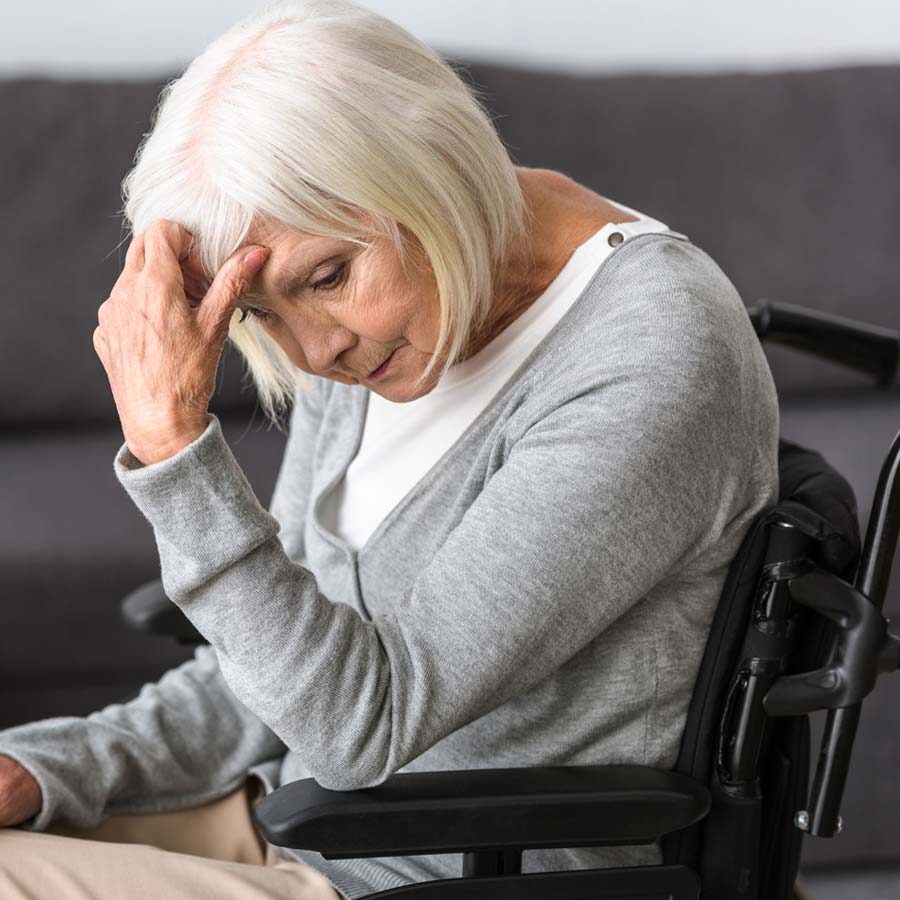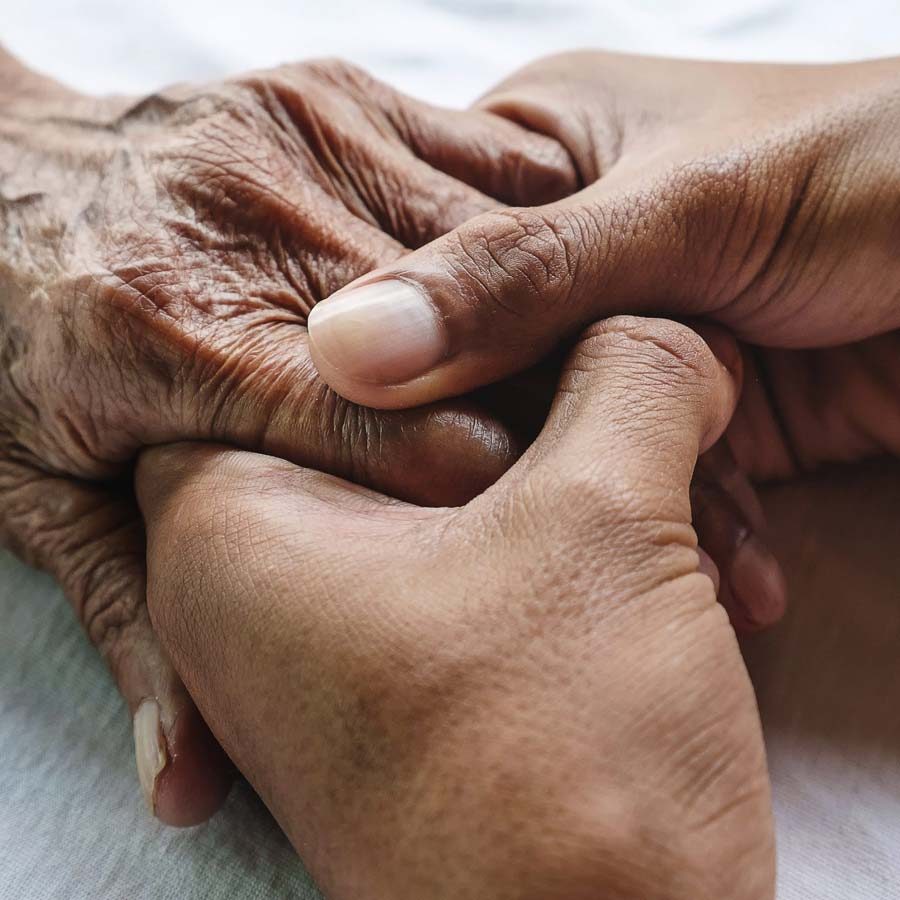Georgia Trial Attorneys
Nursing Home Abuse & Neglect Attorneys
When your elderly relative goes to live in a nursing home, you hope for the best. It is always a tough decision, and the only way you can make it is to believe they will receive better care at the facility than in their own home or with a family member. If you begin to see signs that your loved one is not well taken care of, it is heartbreaking. It also is enraging to believe that someone would neglect or intentional hurt your relative who has few resources to take care or defend themselves.
The following are some common warnings of nursing home abuse:
- Malnutrition and dehydration
- Emotional withdrawal
- Bruises or bleeding
- Unexplained infections or diseases
- Sudden financial problems
- Changes in power of attorney, will, etc


Types of nursing Home Abuse
Nursing home abuse cases in Georgia can cover a wide range. There are a wide range of Nursing Home Abuse cases. Some of the most common – and most serious cases include:
Physical abuse is any intentional act of violence that involves physical injury or trauma to a nursing home resident. Such abuse may occur at the hands of nursing home staff or other residents. Hitting, biting, pushing, shoving and grabbing are examples of physical abuse, as is forcefully restraining or confining a resident for long periods of time.
If a person’s words or actions cause a resident fear, stress, anxiety or mental trauma, then this may constitute emotional abuse. Emotional, verbal and psychological abuse is particularly difficult to spot since the signs may be more subtle and not visible to the eye like physical abuse. However, this type of nursing home abuse can often be identified by noticing changed behavior in the resident. Name-calling, threats, insults and isolation are all examples of this emotional or psychological abuse.
Nursing home staff and administrators hold a position of power over residents—some of whom may be incapable of providing consent. As a result, nursing home residents are particularly vulnerable to sexual abuse including non-consensual intercourse, oral sex, groping, touching or exposure. Nursing home residents who experience unsolicited and unwanted sexual activity may show signs of physical, emotional and psychological trauma.
Though different from other types of abuse where a resident is deliberately and maliciously harmed by another person’s actions, negligence is an intentional or unintentional failure to provide basic preventative care and appropriate treatment to nursing home residents. A resident may be neglected by the facility staff and caregivers, or by medical staff and doctors (malpractice).
Unfortunately, there are people out there who seek to exploit the vulnerability of nursing home residents for financial gain. Sometimes, facility staff members or administrators will seek to get financial control of a resident in order to commit fraud and abuse. Examples of financial exploitation include not allowing residents to access their own funds, forging bank documents, billing for services not provided, stealing their money or possessions, and manipulating a resident into giving up control of their money.
FREE CASE EVALUATION
Our Nursing Home Abuse Trial Attorneys are ready to protect your interests and fight hard to get you the compensation you deserve.
Why McDonald & Cody?
The philosophy at McDonald & Cody, LLC is to provide maximum results, one client at a time. We are dedicated to our cases and strive for quick, full and maximum compensation.
NO COST UNLESS WE WIN!
We Spare No Expense!
We Keep Small Caseloads!











Don't Delay!
One of the best things you can do for your case is to speak with an attorney as soon as possible. Your case has multiple legal and non-legal time constraints that will affect your financial recovery. For example:
- Statues of limitation: Strict time deadlines apply to all legal matters. This includes statutes of limitation (or, the amount of time you have to bring a claim after the abuse and neglect occurs)
- Policy notification deadlines: Many insurance policies have important financial benefits, however these policies often have notification deadlines that must be met in order to claim this compensation.
- Preserving evidence: Important evidence like medical records can be altered or disappear altogether. Additionally, witnesses can become hard to locate or their memories of the event could fade.
Georgia’s Nursing Home Residents’ Bill of Rights
In Georgia, residents of nursing homes and long-term care facilities have legally protected rights. These rights are clearly laid out by the Department of Community Health in § 31-8-5. While the full statute is quite extensive and we won’t cover it all here, below we’ve listed a few of the basic rights that all nursing home residents in Georgia enjoy:
● Right to transparent billing and access to non-medical records kept by the facility
● Right to “adequate and appropriate” care, treatment and services
● Right to personal dignity and privacy
● Right to choose a physician and plan medical care
● Right to be free from actual or threatened physical restraints, isolation, or restrictions on mobility (including use of drugs to limit mobility
● Right to manage personal financial affairs
How Do I Get Started?
CALL US or SUBMIT ONLINE
Statute of limitations may apply so don't delay having your accident or injury claim evaluated by our team.
FREE CASE EVALUATION
Regardless of the type of injury you have, we may be able to help you get the compensation you deserve!
GET YOUR JUSTICE
Our experienced attorneys at McDonald & Cody will fight for the justice you deserve. You don't pay unless we win!
